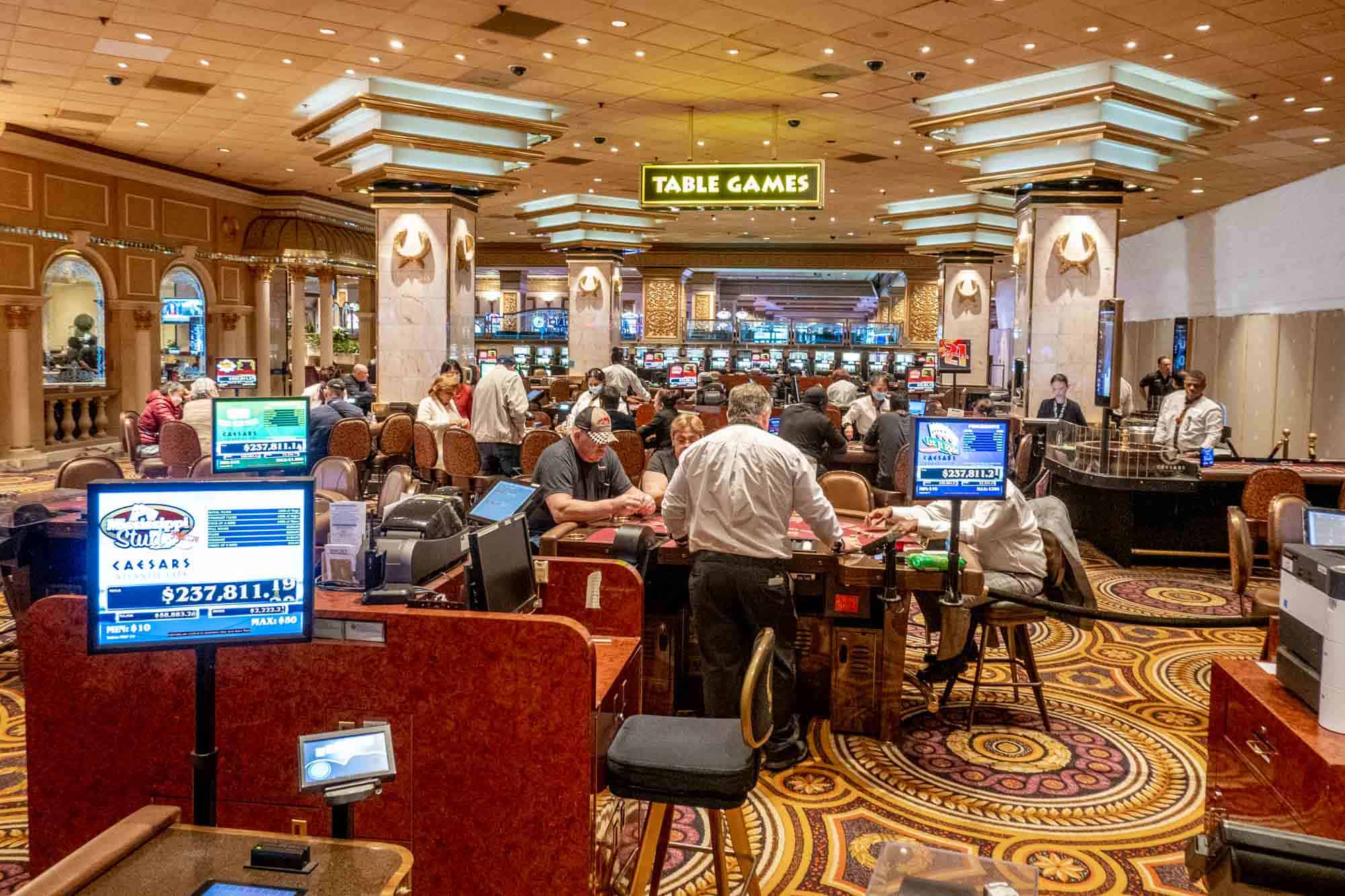
Gambling games have long been a significant aspect of human culture, providing not just entertainment but a fascinating reflection of our dreams, wishes, and fears. From the spinning reels of a slot machine to the skill-based strategies of poker, these games embody a variety of human emotions and events. At their core, casino games are not just a chance to earn cash; they are a microcosm of life itself, where risk and reward intertwine and luck can change in an moment.
As players convene around tables or sit in front of glowing machines, they participate in a tradition that transcends mere betting. These games mirror our instinctive desires for connection, adventure, and the pursuit of luck. They also disclose deeper truths about human psychology, such as our relationship with luck and the excitement of the unknown. In exploring casino games, we uncover not only the mechanics of play but also the complex weave of the human story, showcasing our interconnected narratives of hope and reality.
The Psychology of Gambling
Gambling is deeply rooted in the psyche of individuals, appealing to various emotions and desires. The thrill of taking risks is a core aspect that draws players in, whether the thrill of spinning a roulette or the anticipation of drawing a winning card in a poker game. This adrenaline is frequently likened to other forms of thrill, as the unpredictability of outcomes triggers a distinct psychological response. https://ga179.xyz/ Gamblers often become entranced by the chance of winning big, leading to an irresistible draw toward gambling games.
Another, an essential component of the psychology behind gambling is the concept of optimism and aspiration. Participants often nourish dreams of financial freedom and the luxurious lifestyle that can follow winning. This hope fuels their ongoing participation in gambling, as it provides a sense of purpose and the belief that a life-changing win could be just one bet away. The narrative of overcoming odds and finding success resonates with many, reinforcing their dedication to play and engage with these games.
Finally, social dynamics play a crucial role in gambling psychology. Casino environments are designed to foster social interaction, where gamblers gather to share the journey of wins and losses. This communal aspect not only amplifies enjoyment but also affects behavior, as individuals often imitate the actions of others in their vicinity. The collective approval found in shared excitement can enhance the emotional experience, making casino games a reflection of not just personal desires but also shared involvement within the gaming community.
## The Dual Nature of Risk and Reward
Casino games embody the fragile balance between danger and reward that resonates profoundly with human psychology. The rush of placing a bet is often accompanied by a jolt of energy, as players are confronted with the possibility of winning big, yet fully aware of the risk to lose. This bipartisan experience reflects a fundamental aspect of life: the decisions we face often come with intrinsic risks, and the chase for gain can drive us to take chances we might not otherwise consider. In this way, casino games reflect real-world choices, enticing gamblers to risk not just their funds, but also their dreams.
The allure of grand jackpots and payouts fuels a feeling of positivity, encouraging players to envision a brighter future that could emerge from a lucky spin of the roulette or flip of a card. This positive outlook can compel individuals to engage in greater risks, pushing them to take greater risks in search of monetary success. However, just as in life, the results of these risks can lead to both victory and failure. The narratives of both jackpot winners and those who have lost everything at the casino demonstrate the chaotic nature of chance and its consequential impact on our lives.
Ultimately, the experience of engaging with gambling activities serves as a vivid illustration of the human condition. Every game played is filled with the tension of ambiguity, as players weigh the rewards against the dangers. This balance not only highlights the thrill that comes with gambling but also unveils the weaknesses that come with the desire for more. As we explore the complexities of choice and results in both the gambling world and in life, we find that the search for benefit shapes our identities and experiences in profound ways.
Society and Loneliness in Gambling Environment
Casino culture is a unique combination of communal interaction and individual endeavor, reflecting the dualities of human experience. Players often gather around tables, experiencing in the thrill of the game, celebrating wins, and commiserating over losses. This communal aspect is vital, as it fosters a sense of community and camaraderie among varied groups of individuals. Regular visitors to casinos may form friendships and establish routines, turning the gambling venue into a alternative home where they feel linked to a greater community of gamblers.
However, the appeal of casino activities can also result to loneliness. As players become engrossed in the excitement of gambling, they may isolate from personal relationships or fail to interact with the environment outside the casino. For some, the search of a windfall can overshadow real relationships, leading to loneliness. The experience of being among others yet experiencing solitary is not rare, as the attention shifts from collective fun to the individual stakes of each individual’s path.
This interaction of community and isolation creates a vivid mosaic that defines casino atmosphere. It highlights the complexity of human interactions, where happiness and sorrow coexist. Casinos serve as both a sanctuary for social interaction and a platform for individual challenges, demonstrating how intimately connected our yearning for connection and the individual quest for fortune can be. In navigating this environment, gamblers confront their own narratives—seeking both the thrill of the wager and the companionship of other gamblers, ultimately reflecting the broader spectrum of individual experience.
